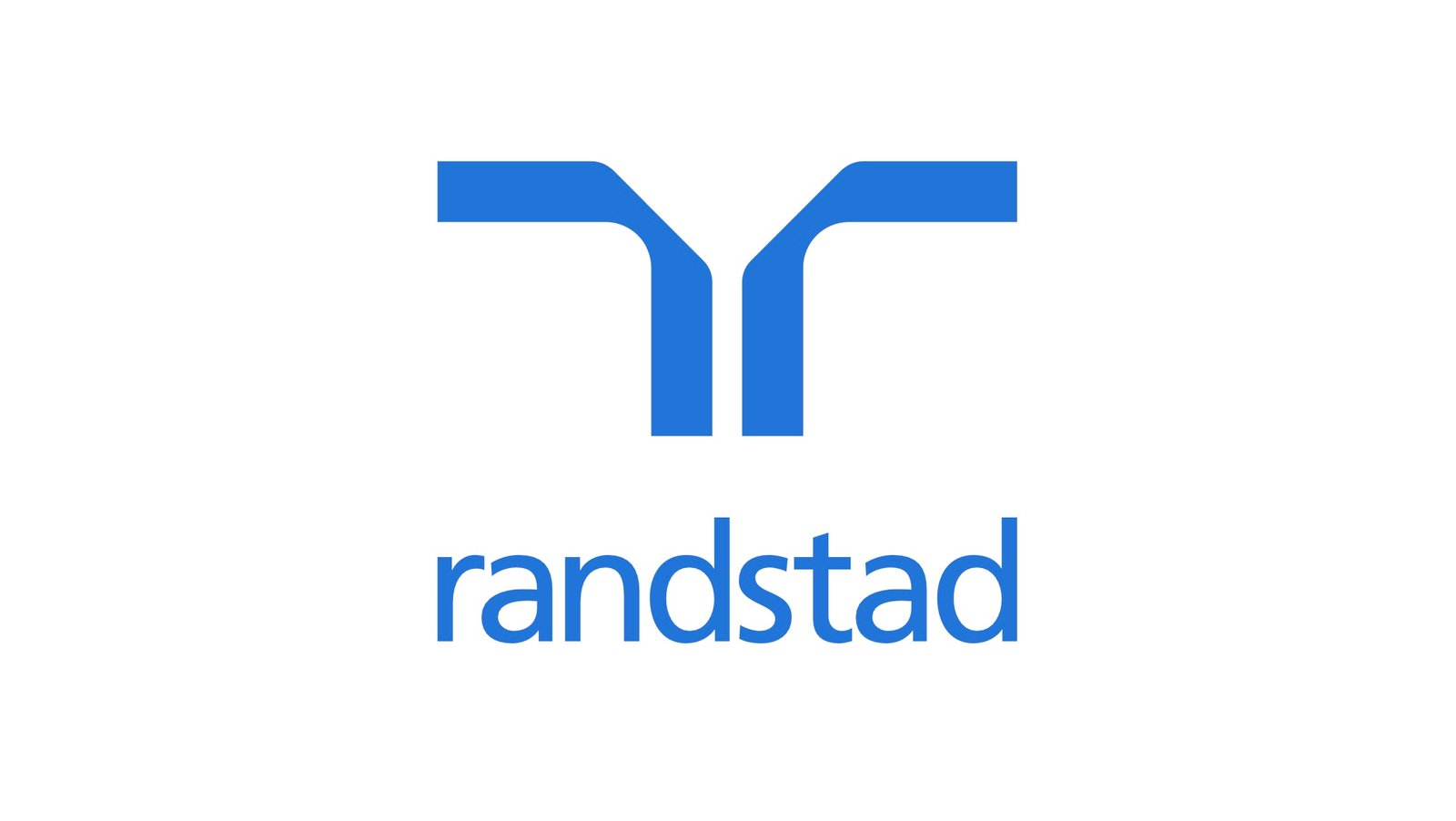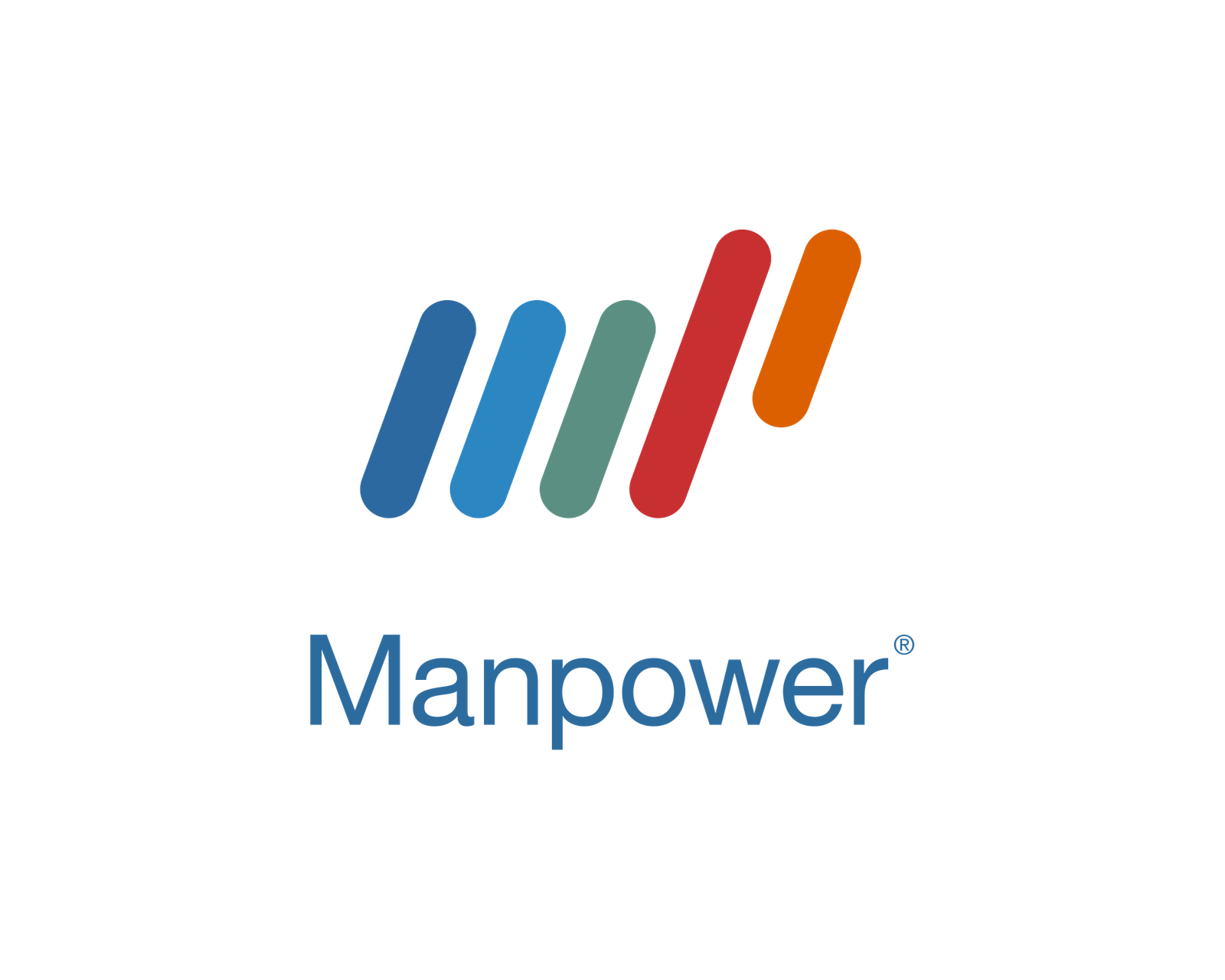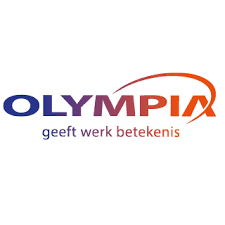Nieuwste vacatures
-

Horecamedewerker bij McDonald’s Enschede Centrum
- McDonald's
- Enschede
1 week geleden geplaatst
-

Sales Manager Benelux – NX Filtration B.V. – Enschede
- NX Filtration B.V.
- Enschede
7 dagen geleden geplaatst
-

Werkvoorbereider (Bouw) – NLwerkt – Enschede
- NLwerkt
- Enschede
7 dagen geleden geplaatst
-

Coördinator Preventief Onderhoud regio Enschede – TNF Netherlands – Enschede
- TNF Netherlands
- Enschede
7 dagen geleden geplaatst
-

Scheepswerktuigkundige – Synsel – Enschede
- Synsel
- Enschede
7 dagen geleden geplaatst
-

Onderofficier Verbindingsdienst (telecommunicatie en ICT) – Ministerie van Defensie – Enschede
- Ministerie van Defensie
- Enschede
7 dagen geleden geplaatst
-

Mitarbeiter/in Kundenservice (m/w/d) – TNF Netherlands – Enschede
- TNF Netherlands
- Enschede
7 dagen geleden geplaatst
-

Monteur Machinebouw (€3.870,-) – Synsel – Enschede
- Synsel
- Enschede
7 dagen geleden geplaatst
-

Eerste Installatiemonteur – YER – Enschede
- YER
- Enschede
7 dagen geleden geplaatst
-

Installatiemonteur Sprinkler – Synsel – Enschede
- Synsel
- Enschede
7 dagen geleden geplaatst
Inschrijven nieuwsbrief
Op zoek naar een nieuwe baan?
Blader door honderden vacatures en vind jouw perfecte baan!
Nieuwsbrief
Schrijf je in voor onze nieuwsbrief en ontvang 1 x per week de nieuwste vacatures in je mailbox






